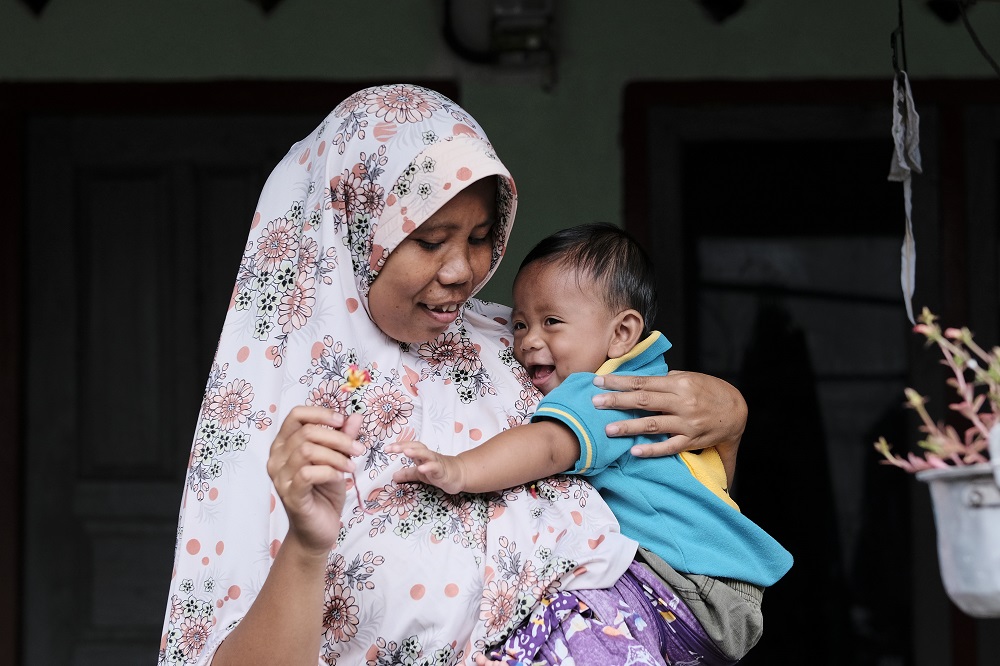
A new study from the University of Michigan reveals that spanking and adverse childhood experiences – such as physical and emotional abuse, neglect and more – have a “statistically indistinguishable” impact on child behavioural problems.
“This study confirms that we can't treat or talk about spanking or smacking as a harmless child-raising technique,” said Bess Herbert, Advocacy Specialist for Corporal Punishment at End Violence. “The research shows that it has all the same effects, like worsening child behaviour, as other factors that we would describe as child abuse or maltreatment.”
Through an analysis of 2,380 families, the study showcases corporal punishment’s lasting effect on children. Aside from the pain and humiliation corporal punishment can cause, it also impacts children’s long-term health and well-being, causing a ripple effect for decades to come. The study showed that in children as early as 5 years of age, the effects of corporal punishment mirrored those of other adverse childhood experiences, worsening behavioural outcomes and effecting children’s long-term development.
Such results strengthen the argument for including physical punishment into the larger category of adverse childhood experiences, the latter of which includes not just physical and emotional abuse, but intimate partner violence, parental mental health problems and substance abuse, parental incarceration and death.
This isn’t the first study to show it, but it is a clear confirmation – and it challenges all the justifications for smacking that we’ve heard in the past.
To date, only 13 per cent of the world’s children are fully protected from corporal punishment by law. Though study after study has shown corporal punishment leads to a wide range of negative health, developmental and behavioural outcomes for children, more than two in three children experience corporal punishment at the hands of their caregivers.
Perceptions of physical violence against children vary from location to location, culture to culture, and from family to family – but no matter the location, physical discipline is never okay. Positive parenting and educating can teach children while guiding their behaviour, respecting their rights while fostering cooperation, respect and empathy.
Learn more about ending corporal punishment and explore resources for positive discipline.
Photo: UNICEF/UN0409828/Bea